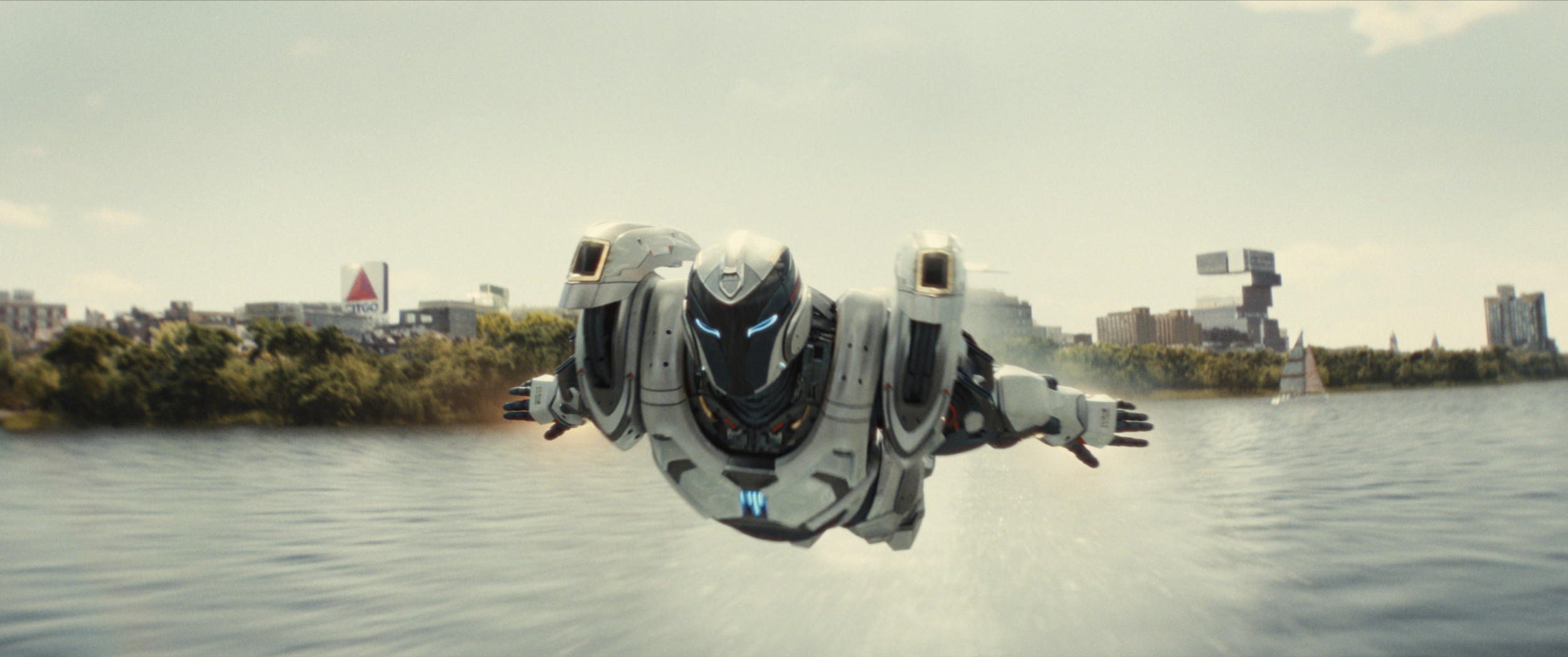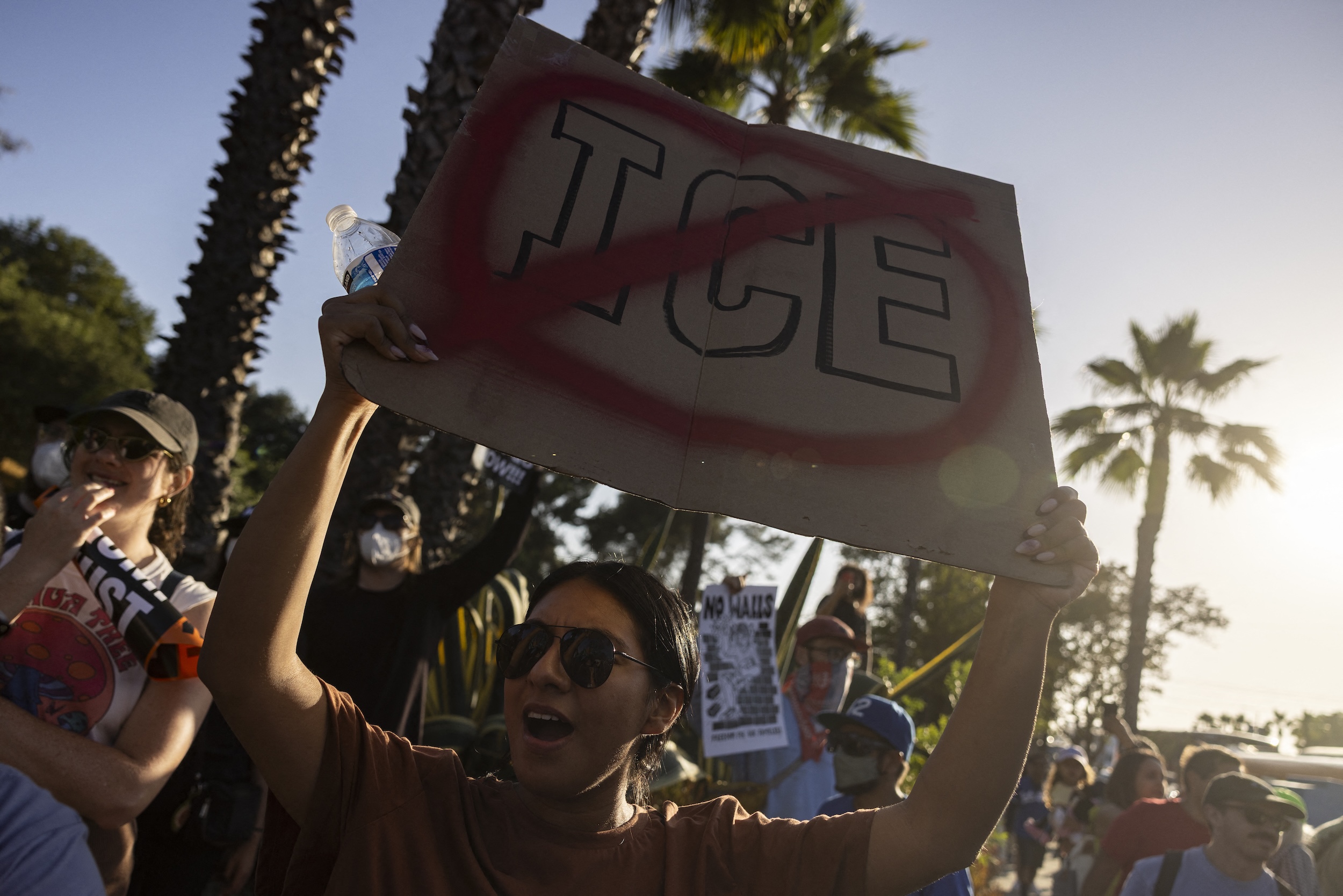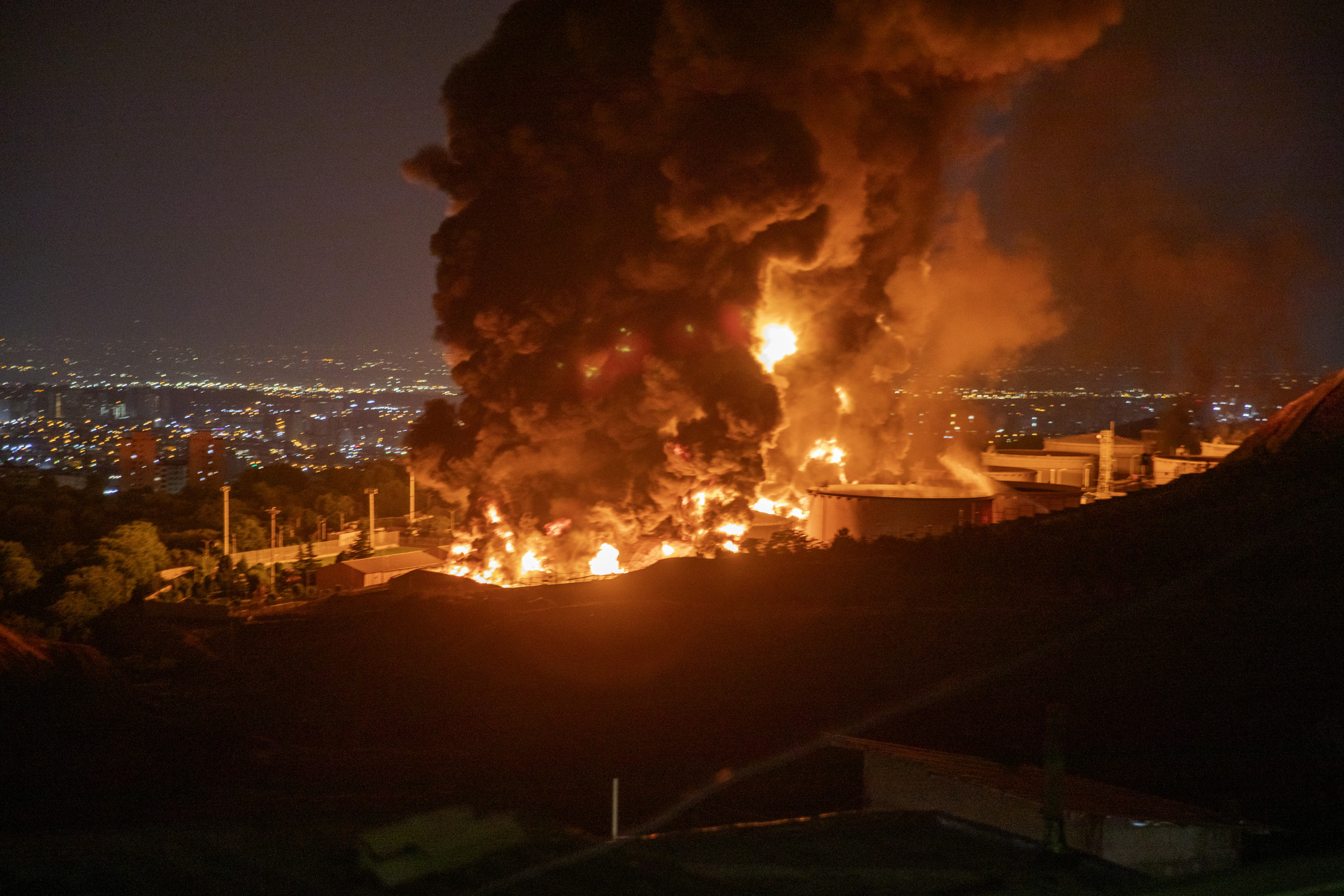
A ceasefire brokered by U.S. President Donald Trump this week has put on hold Israel and Iran’s fiercest confrontation, but the truce is already showing cracks.
Two weeks ago, Israel launched strikes targeting Iran’s nuclear and military sites, killing key scientists and generals. Iran responded with long-range missile attacks on Israeli cities. Eventually, the United States struck Iranian nuclear sites too before the ceasefire was agreed.
Why It Matters
The Iran-Israel conflict shapes the security landscape of the entire Middle East, with the potential to ignite a broader regional war and draw in global powers.
A new conflict could disrupt vital energy supplies passing through the Persian Gulf, further destabilize neighboring countries such as Lebanon and Syria, and bring the United States and its allies into a deeper military role.
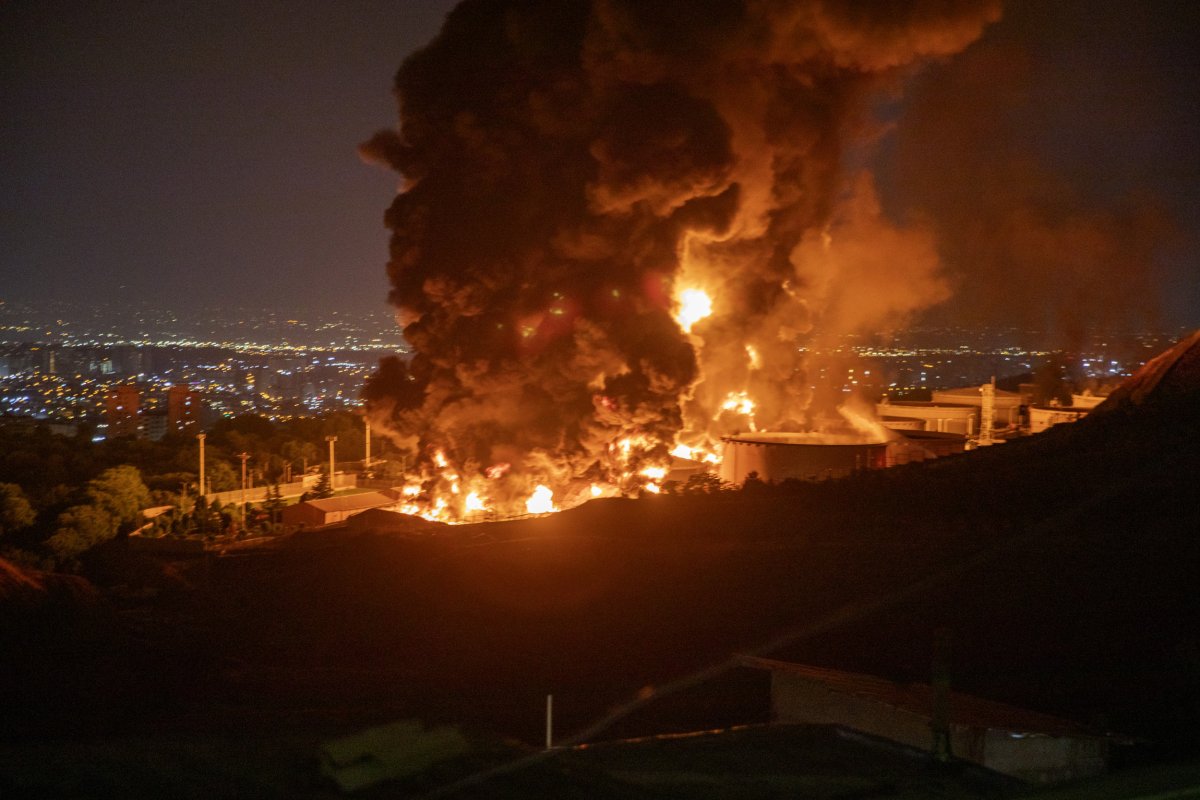
Getty Images
Here are four signs that Iran and Israel could soon return to war:
1. Iran’s Nuclear Infrastructure
Israeli airstrikes and American bunker-busting raids targeted Iran’s enrichment sites, but despite the damage, a U.S. Defense Intelligence Agency assessment states the attacks only delayed Iran’s nuclear progress by months—not destroyed it—as underground centrifuges and key infrastructure remain operational. Meanwhile, the International Atomic Energy Agency (IAEA) recently reported that Iran has further limited inspector access and increased uranium stockpiles beyond agreed limits, raising international alarms. For Israel, the ongoing nuclear threat—and Iran’s reduced cooperation with the IAEA—could require further strikes, making another round of conflict highly likely if enrichment accelerates.
2. Ceasefire Under Strain
Both sides accused each other of violating the truce. Israel launched retaliatory airstrikes on Iranian missile facilities, sparking Trump’s frustration and calls for restraint. Iran’s missile strike on a Beersheba apartment building at around the time of the ceasefire killed at least four civilians. Iran said its missiles had been fired before the ceasefire began. Meanwhile, several drones were detected and shot down over northern Iran by air defenses, according to state media.
3. Escalating Covert Operations
Iran says it has arrested over 700 individuals accused of working with Israeli intelligence, dismantling what authorities describe as a major Mossad-linked espionage network. The arrests follow a surge in covert attacks blamed on Israel, including drone strikes, car bombs, and high-profile assassinations of Iranian military and nuclear personnel. Tehran has already executed several alleged spies and vowed harsh retaliation. The scale and intensity of these operations have increased tensions.
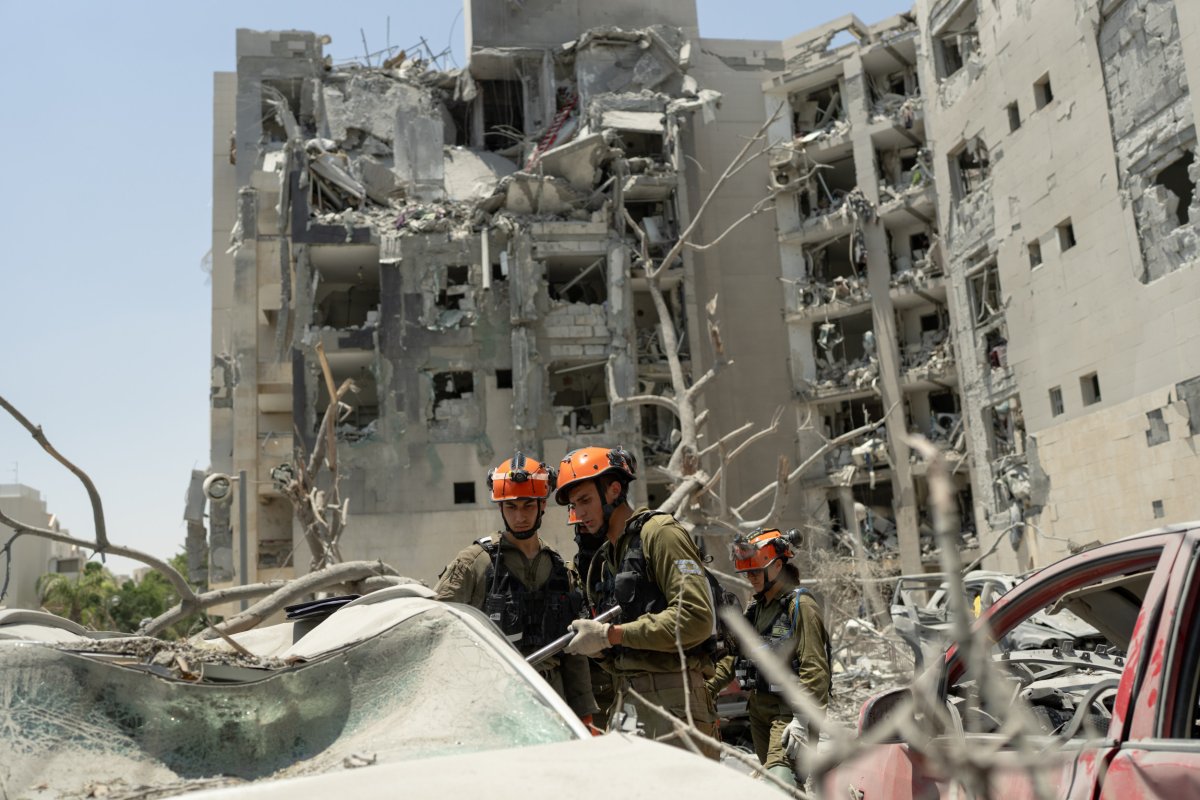
Erik Marmor/Getty Images
4. Rhetoric
Israeli Prime Minister Benjamin Netanyahu hailed the recent military campaign as a “historic victory” and warned, “If someone in Iran tries to restore [the nuclear] program, we will act with the same determination, the same power.” His message underscored Israel’s readiness to strike again. In turn, Iranian President Masoud Pezeshkian declared the outcome a “great victory” and said Iran would “continue to stand firm against Zionist aggression.” This entrenched rhetoric on both sides leaves little room for de-escalation and heightens the risk of renewed conflict.
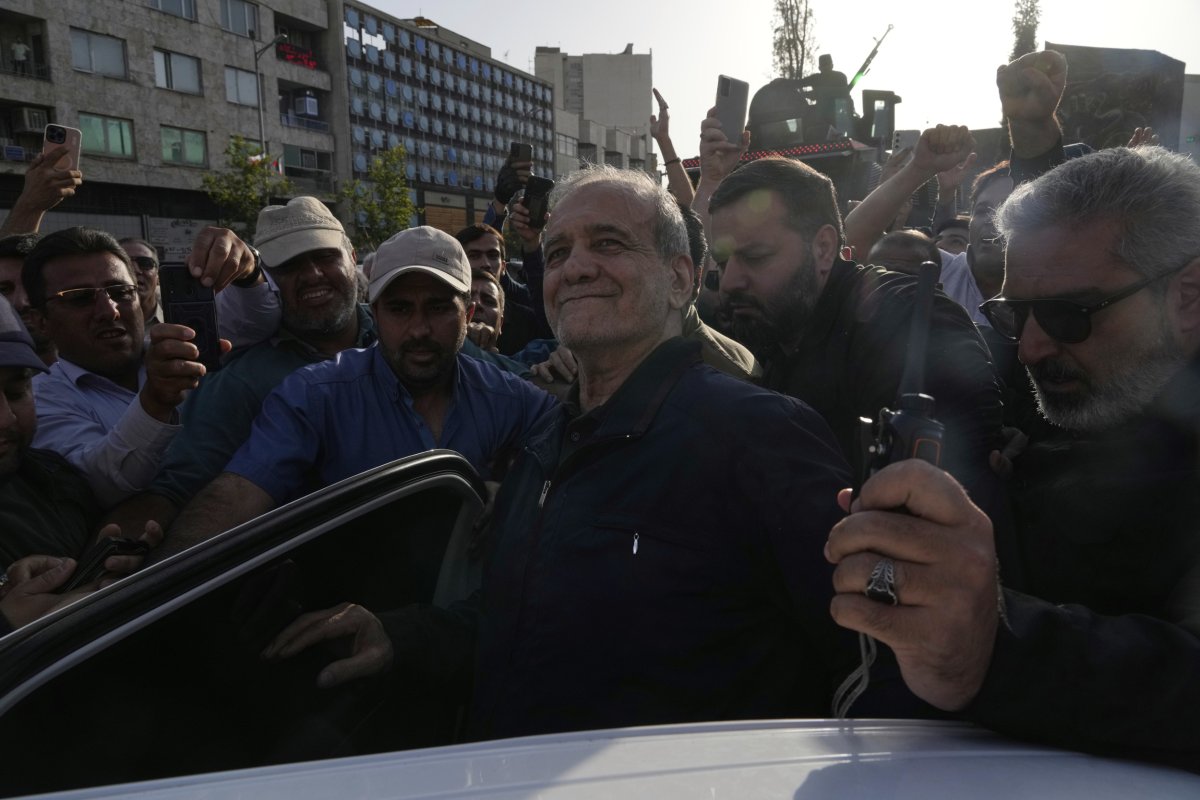
Vahid Salemi/AP Photo
What Happens Next
The ceasefire may offer only a temporary respite. With Iran saying its nuclear program is still intact, potential covert Israeli operations inside Iran, and hardline leaders on both sides, the risk of renewed war remains high. Unless the U.S. can broker enforceable agreements addressing nuclear limits and de-escalate hostile actions, this fragile peace could soon unravel.


